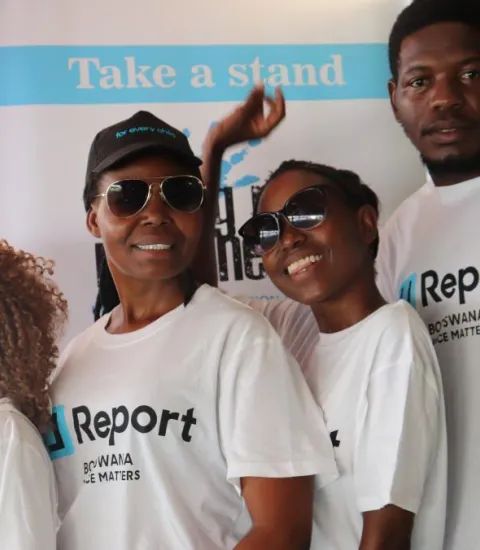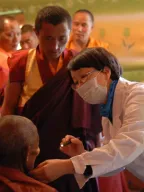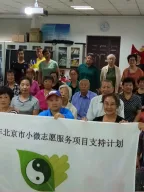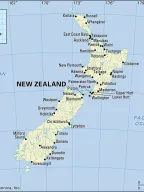
Volunteering to end new HIV infections and sexual exploitation in Botswana
Globally, Botswana has the fourth highest HIV prevalence, estimated at 21% among adults aged 15-49 years. HIV prevalence among young people 15-24 continues to remain high, with significant gender disparity (9% among females and 5% among males). Furthermore, young people 15-24 account for a third of new HIV infections, with majority of infections (66%) occurring among girls and young women. Low risk-perception about HIV and AIDS continues to be a challenge, particularly among young people in both urban and remote areas. Less than half of young people in Botswana (47%) have comprehensive knowledge about HIV. By working with volunteers, the project facilitates peer-led, integrated and effective prevention of sexual violence and HIV, ensuring scale and sustainability, as well as reach in remote, rural and under-served areas. In its latest evaluation, knowledge of issues related to HIV and sexual violence increased by ten percent as a result of the UNICEF-NAHPA project. Furthermore the volunteers also worked to mobilize youth to join UNICEF’s U-Report, a platform that strengthens young people’s engagement in policy dialogue and programming. To date over 1000 adolescents and young people affected by HIV and AIDs have spoken out on issues that concern them through the platform.
- The UNICEF-NAHPA volunteers were able to quickly adapt to the COVID-19 situation on the ground, spreading verified messages on access to AIDS and HIV services, as well as access to services for young people experiencing violence. Virtual peer education sessions were introduced and volunteers gave training on how to deliver online peer learning and how to share education materials via social media.
- The use of the MTV Shuga Peer Facilitator Guide has been important for the success of the project. The guide is designed to help educators and their peers both understand the issues framed by the MTV Shuga TV series and understand their own situations related to sexuality, families, stigma, and behaviors surrounding the risk of HIV.
- Evaluation report (coming soon)
- UNICEF Botswana
- Gender and volunteerism
- Health and volunteerism








